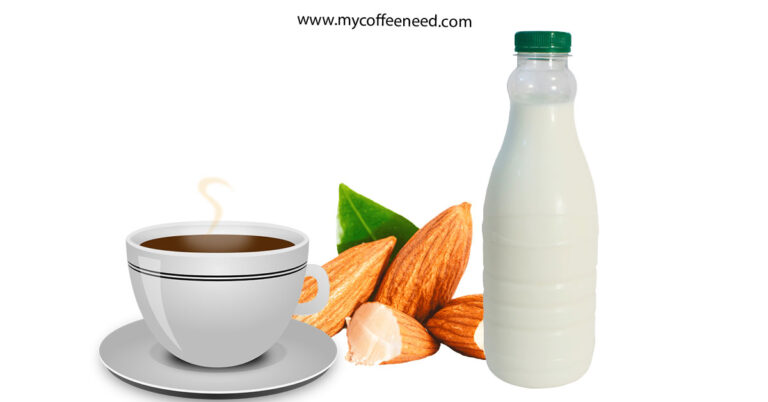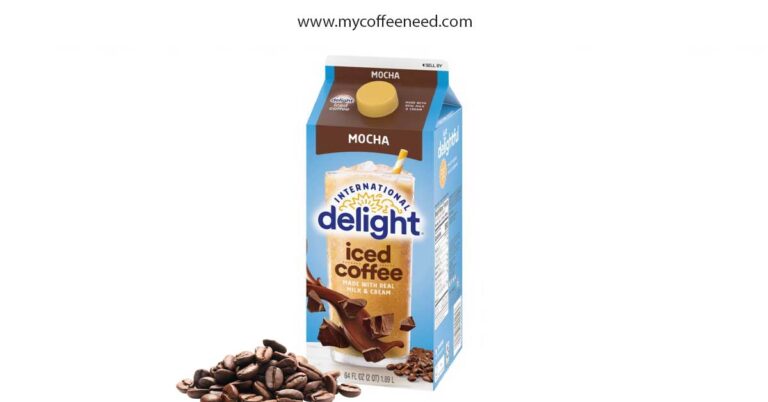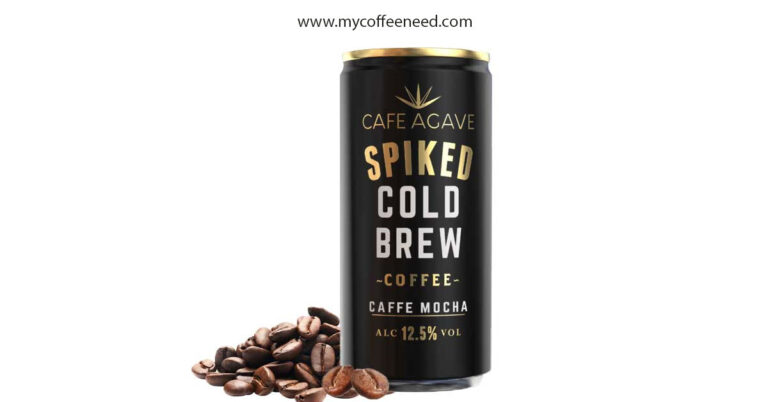Why is My Coffee Creamer Thick
Every coffee lover understands the charm of a perfectly brewed morning cup of coffee. The allure lies not just in the rich, bold taste of coffee beans, but also in the complementing elements like the type of creamer used. But have you ever wondered, ‘why is my coffee creamer thick?’ Many factors could be responsible, from its shelf life to sudden temperature changes. In this guide, we will explore the main reasons behind thick coffee creamer and how it affects your coveted cup of joe.
Understanding Coffee Creamer Consistency
Coffee creamer consistency plays a significant role in your morning coffee experience. It can change the texture, flavor, and overall enjoyment of your beloved brew. But what is the main difference between different types of creamers and why can they sometimes turn thick?
Liquid Creamer vs Powder Creamer
Liquid creamers, be it dairy or non-dairy, offer a smooth and creamy texture to your hot coffee or iced coffee. They often come in a range of unique flavors, from almond milk to coconut milk creamer. However, due to their liquid form, they are susceptible to changes in temperature and can turn thick if not stored properly or used beyond their expiration date.
Powder creamer, on the other hand, has a longer shelf life and is generally less sensitive to room temperature. Its consistency is determined by the amount of water added, allowing you to control its thickness. However, powder creamers might not offer the same rich creaminess that liquid creamers provide.
Dairy-Based Creamers vs Non-Dairy Creamers
Dairy-based creamers, made from milk products like whole milk or heavy cream, naturally have a thicker consistency due to their higher fat content. They can get chunky or thick due to high temperatures, lactic acid production, or expiration. It’s always a good idea to check the expiry date before adding these to your coffee cup.
Non-dairy creamers, such as soy milk or oat milk creamers, contain vegetable oil and corn syrup as their main components. They can also become thick, especially when exposed to higher temperatures or if the product has expired. These creamers are great options for those looking for dairy alternatives but they require careful storage to maintain the right consistency.
Why Coffee Creamer Becomes Thick
The sudden discovery of a thick coffee creamer can be quite disconcerting, especially when you are looking forward to your morning coffee. But why does this happen? Let’s delve into the main reasons, from expiration and shelf life to temperature impact and chemical reactions with coffee.
Expiration and Shelf Life
The shelf life of coffee creamer is a crucial factor that can impact its consistency. Over time, both dairy and non-dairy creamers can go bad, leading to a thick or even chunky creamer. Always check the expiration date or use-by date on your creamer package. Remember, an expired product not only alters the taste and texture of your coffee but can also pose a risk of food poisoning.
Temperature Impact
Storing your liquid creamer at room temperature or exposing it to high temperatures can lead to its thickening. Both dairy and non-dairy creamers are best stored in a cool place, away from direct heat sources. Sudden temperature changes, such as pouring cold creamer into hot coffee or vice versa, can also result in a thicker consistency due to the chemical reactions between water molecules and other ingredients.
Chemical Reaction with Coffee
Coffee is known for its high acidity, especially darker roasts and certain brewing methods. When the acidity of coffee interacts with milk proteins in dairy creamers or certain ingredients in non-dairy creamers, it can cause a chemical reaction. This reaction often results in a thicker or chunky creamer. Understanding this interaction is essential to prevent your coffee creamer from becoming thick and ensuring the best results with your brew.
Potential Risks of Thick Coffee Creamer
While a thick coffee creamer might seem like a mere inconvenience that disrupts your morning coffee ritual, it can also pose potential risks. Let’s examine the implications of using a thick or expired coffee creamer, from the potential for food poisoning to the altered taste of your coffee.
Food Poisoning
Consuming expired or improperly stored creamers, especially liquid dairy creamers, can lead to food poisoning. Bacterial growth, such as lactic acid bacteria in dairy products, can increase over time or under inappropriate storage conditions, posing health risks. Therefore, it’s crucial to store your creamer correctly and check its expiration date before use.
Altered Taste of Coffee
Using thick coffee creamer can drastically alter the taste of your coffee, and not for the better. The unique flavors of your coffee beans and the brewing process can be overshadowed by the unpleasant taste of a thick or expired creamer. Furthermore, the chunky texture could affect the overall mouthfeel and enjoyment of your coffee. For all coffee lovers, it’s worth taking the time to ensure your creamer is in good condition for the best cup of joe.
How to Prevent Creamer from Thickening
Preventing your coffee creamer from becoming thick is key to maintaining the perfect morning coffee experience. The good news is that this issue can be easily avoided with a few precautionary measures. Let’s explore these steps, which include proper storage, using fresh creamer, and avoiding sudden temperature changes.
Proper Storage
One of the best ways to prevent your creamer from thickening is by storing it correctly. Both liquid and powder creamers should be kept in a cool, dry place, away from direct sunlight or heat sources. Liquid creamers, especially dairy-based ones, should be refrigerated after opening. Always make sure to seal the container tightly to prevent exposure to air and maintain its freshness.
Using Fresh Creamer
Using fresh creamer is another effective measure. Always check the expiration date before purchasing or using a creamer. Fresh creamer not only provides the best taste and texture, but also ensures you are not consuming expired or potentially harmful food products.
Avoiding Sudden Temperature Changes
Avoiding sudden temperature changes is essential, particularly with liquid creamers. Pouring cold creamer into hot coffee, or adding hot coffee to a cold cup of creamer, can lead to sudden changes in consistency. To avoid this, allow the creamer to reach room temperature before adding it to hot coffee, or add a small amount of hot coffee to the creamer gradually, allowing it to acclimatize to the temperature difference.
Alternatives to Traditional Coffee Creamers
Are you frequently faced with the issue of a thick coffee creamer? Perhaps it’s time to consider alternatives to traditional creamers. These alternatives can not only add unique flavors to your coffee but also minimize the chances of thickening. Let’s look at a few of these options, from dairy alternatives to homemade creamers.
Dairy Alternatives
Dairy alternatives have gained popularity among coffee lovers for their unique flavors and health benefits. Almond milk, soy milk, oat milk, and coconut milk are all excellent non-dairy creamers. They are less prone to curdling in hot beverages and offer a smooth, creamy texture to your coffee. Moreover, they are a great option for those with lactose intolerance or those following a vegan diet.
Homemade Creamers
If you prefer a more hands-on approach, creating your own coffee creamer at home is a fantastic option. You can control the ingredients and avoid preservatives and artificial sweeteners commonly found in store-bought creamers. Options could include a simple mix of heavy whipping cream and maple syrup, or a coconut oil and almond milk blend for a vegan version. Homemade creamers allow you to experiment with different flavors while ensuring a fresh and high-quality creamer for your coffee.
Take Control of Your Coffee Experience
In conclusion, the question “Why is my coffee creamer thick?” can be answered by understanding the factors that influence creamer consistency, from expiration and shelf life to storage conditions and chemical reactions. While a thick coffee creamer may pose potential risks, including food poisoning and a disrupted coffee experience, you can prevent this issue through proper storage, using fresh creamers, and avoiding sudden temperature changes. Moreover, exploring alternatives like dairy-free options or making your own coffee creamer can open up a world of unique flavors and textures, ensuring your morning cup of coffee is always just the way you like it.
Related Articles:







